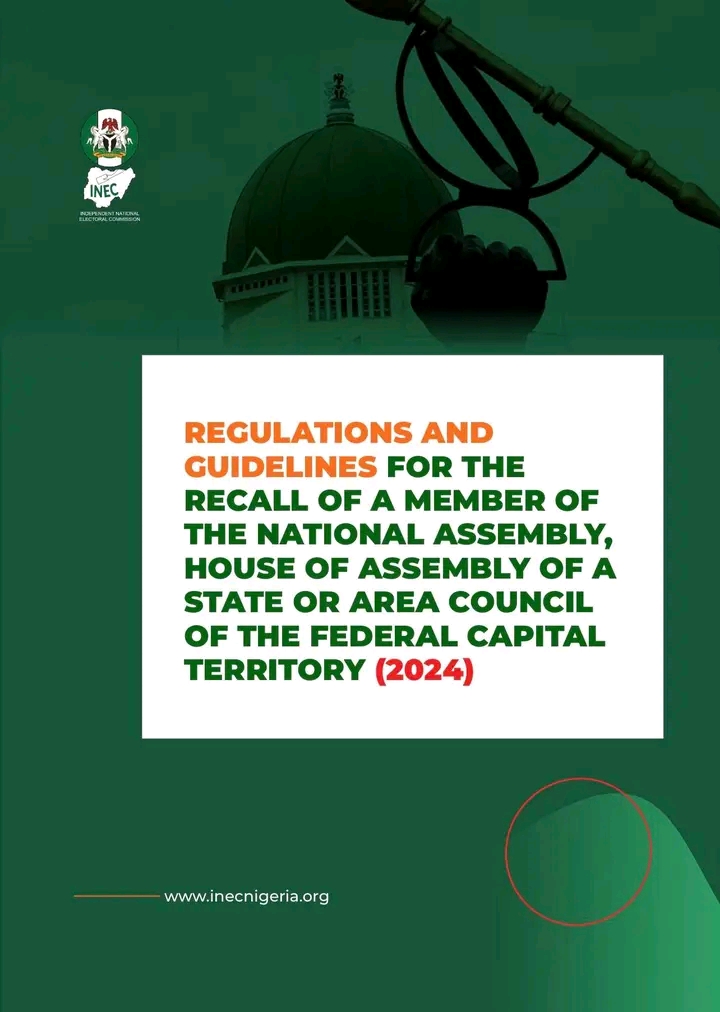The Independent National Electoral Commission, INEC has outlined the complexities and costs involved in the recall process, likening it to organising a full election.
These were communicated on Saturday via X Spaces as the commission discussed “INEC Regulations and Guidelines for recall 2024. BVAS and IREV: Facts and Myths.”
The Special Adviser to the INEC Chairman, Prof. Mohammed Kuna, explained that a recall election involves significant resources, including staff mobilisation, technology, and recall material deployments, and transportation.
He noted that the process is more expensive than a senatorial election, requiring efforts equivalent to conducting three such elections.
“A recall process is like conducting an election itself. It has to do with mobilisation of staff, deployments of recall materials, technologies, transportation, among others.
“A recall process is like conducting three senatorial district elections because we will go back to the field three times. It is more expensive than conducting a senatorial election.”
Also, the Chief Press Secretary to the INEC Chairman, Rotimi Oyekanmi, reaffirmed the Commission’s commitment to following legal guidelines in the event of a recall.
“If constituents express the desire for a recall and fulfill the necessary requirements, we will proceed accordingly.
“We prepare for all situations, as we are aware of the unpredictability of electoral events,” he stated, ensuring that the Commission is ready for any developments.
INEC received a petition seeking the recall of Senator Natasha Akpoti-Uduaghan, who represents Kogi Central Senatorial District.
The petition, presented on behalf of the constituents by Charity Ijese, was received and stamped by INEC’s Secretary, Rose Oriaran-Anthony, on Monday at the Commission’s headquarters in Abuja.












